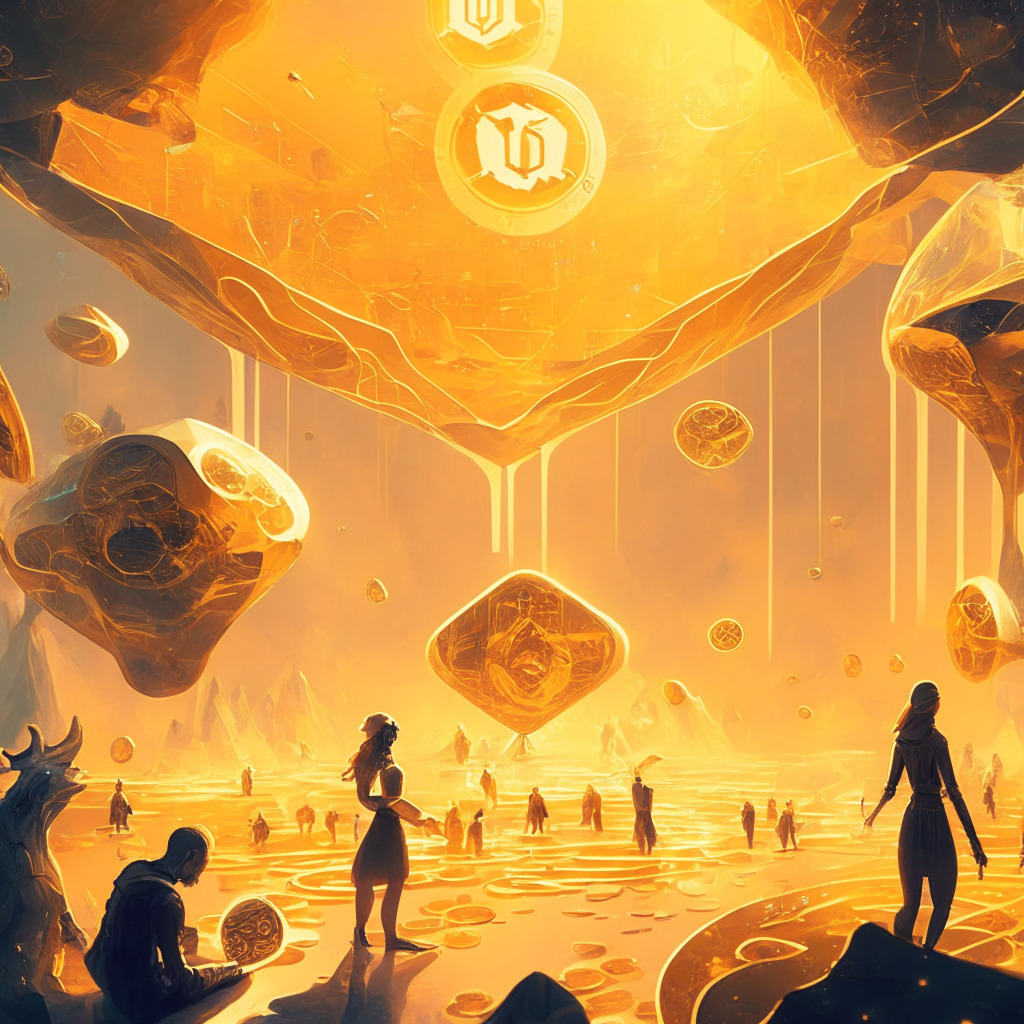The expanding digital frontier of the blockchain and crypto sphere evidences the great developments and endeavours of visionaries and entrepreneurs. Among them is Aaron Kong from Osmosis Labs, where the tech guru is at the forefront of developing Osmosis, a DeFi application projected to serve as the hub for the Cosmos ecosystem. This undertaking stands as an exciting contribution to the future of blockchain interoperability, divisibility, and the potential impact on centralized exchanges.
Centralization within channels of exchange often creates a myriad of challenges. Centralized exchanges, existing in numbers, carry their unique mechanisms of operation and separate liquidity pools. However, they tend to fall short by failing to interoperate with each other, creating siloed ecosystems that are impractical for users to manage.
Osmosis seeks to remedy this by establishing itself as a DeFi hub for the Cosmos ecosystem. In speaking to the complexity of centralized exchanges, Kong suggests that Osmosis is nothing less than a decentralized Binance, Coinbase, and Robin Hood all in one – allowing for easy trading, secure holdings, and access to DeFi primitives. It all comes down to providing a ubiquitous and easy-to-use platform for users to transact and trade crypto assets in a seamless manner.
Contrary to centralization, decentralized exchanges, specifically Osmosis, offer a different degree of sovereignty over funds and trading activities. Users of decentralized exchanges like Osmosis, enjoy complete control of their funds and are not compelled to entrust their assets to an exchange for safekeeping. Moreover, the low fees associated with these exchanges, coupled with their quick transaction times and the advanced level of control granted to users, present a compelling challenge to the reign of centralized exchanges.
However, Kong expresses scepticism, suggesting that most users are ambivalent about the ideal of decentralization. Instead, they are chiefly concerned with the potential profits and risks involved. Kong surmises that if platform A can offer greater gains over platform B, regardless of the risk dynamics, users would naturally gravitate towards platform A. To this end, one could argue that decentralization is still
Source: Cryptonews




